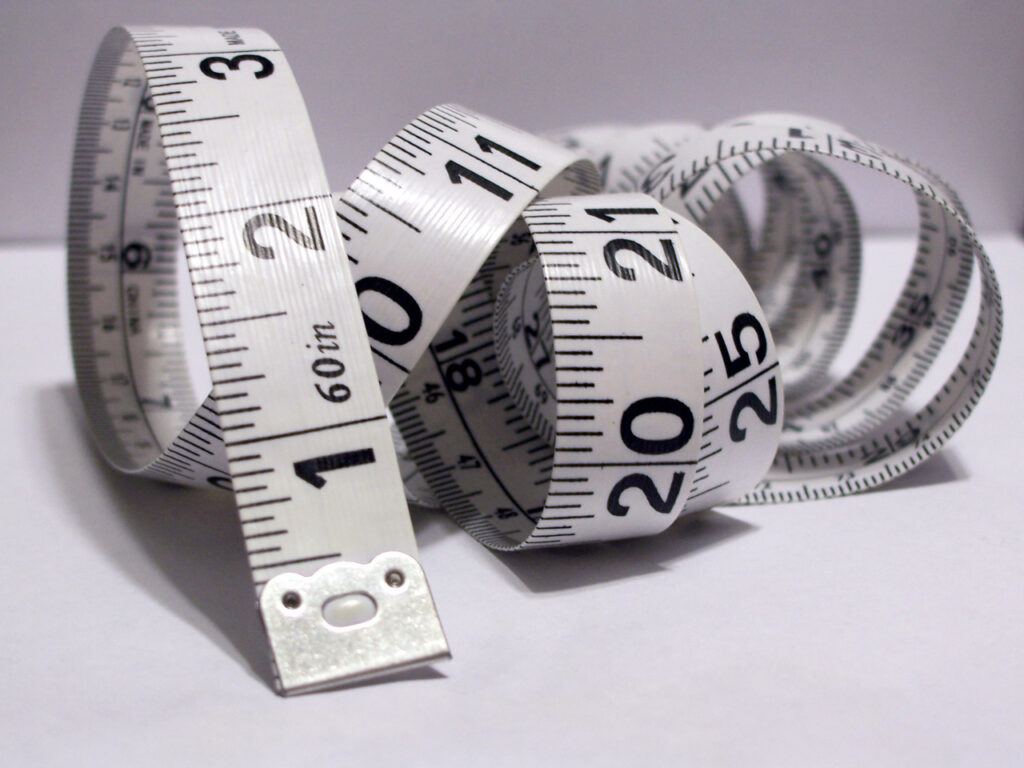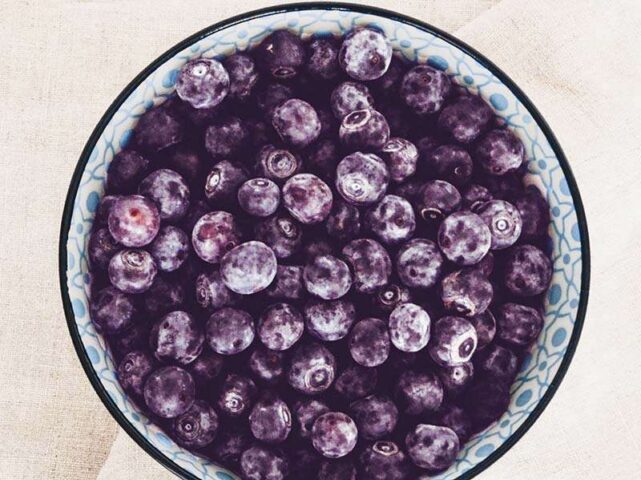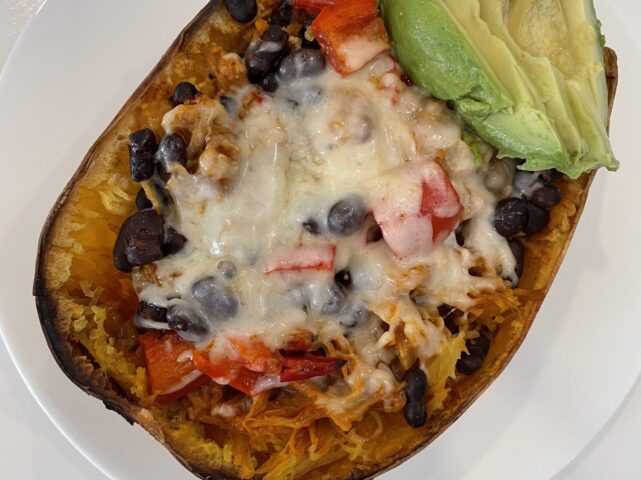By Laura Cipullo, RD, CDE, CEDRD
Is Fat OK?
Recently, the New York Times posted an op-ed by novelist Sarai Walker (Dietland) titled “Yes, I’m Fat. It’s Ok. I Said It.” In her article, she explained how so many people still think the word fat is an insult and how she and other body-positive activists believe fat is something to be proud of. I also believe that there is nothing wrong with fat, and that fat shaming is incredibly harmful. It does not make people healthier, and it only serves to hurt the self-care of others. The bottom line is you can be healthy and fat, and that is a cornerstone of the health at every size movement (HAES), which I encourage you to join. This article from Mom Dishes It Out and this blog explain how to neutralize the word fat (especially around kids), how to support the movement and what the science of fat can really tell us.
The comedian Nicole Arbour has it wrong—as do many people. Fat shaming is not helpful. It makes people feel worse about themselves, not better! Smart people recognize that putting people down is counterproductive to self-care, which ultimately leads to wellness. Our culture needs to refocus and promote positives specifically around food and body. Moms, dads, and friends—we need to get it right. As adults who influence children and their health, it is in our hands to prevent fat shaming and, just as important, to redefine the word “FAT” and the word “DIET.”
Using the Word “FAT”
When my children were born, I avoided the word “fat,” making a rule—it was not to be used in my house and guests could not call my kids fat. I even skipped the “fat caterpillar” part in Eric Carle’s book The Hungry Caterpillar. Fat was and is demonized in the public. Most who are/were called fat internalize the word, leading to poor body image, eating disorders, and low self-esteem.
Neutralize the Word
Things are changing. I have learned with my clients that focusing on wellness instead of weight loss are without a doubt a better way to achieve health—and even weight loss if needed. The Health at Every Size (HAES) movement has introduced the concept of neutralizing the word “fat.” This means, as parents and especially as health professionals, we should be redefining “fat.” The word should connate neither a good nor bad vibe. HAES recognizes that people may be overweight but that it doesn’t have to be a negative thing. Rather, size acceptance and body acceptance is most important when trying to pursue health.
With this, I have in my practice and even at home begun to change the use of this word. I use the word “fat,” and along with the HAES’s influence, I encourage others to do so as well. Let’s face it, we all eat foods with fat, all have fat on our bodies, and all need both dietary and body fat.
The Science on FAT
Body size and fat are different. Body size and body fat are partly determined by genetics—actually about 50 percent. Body fat, stress, and even the way in which we eat affect how we gain, lose, and maintain weight. Excessive body fat is part of the cause and the result of metabolic snafus. Basically, think of it like this: your car is filled with gas, but your gas tank erroneously reads it as empty. You continue to pump gas into the tank and it spills out causing a mess. This can happen to expensive cars and used cars. There is no discrimination. Rather, miscommunication between bodily systems can happen in both thin people with a high fat mass as well as larger people with a high fat mass. That’s right, even thin people can have a high fat ratio and put themselves at risk for heart disease, diabetes, and more. (1) In other words, thinner as well as larger people can hold greater amounts of fat. It is not an appearance thing, so please stop judging the book by its cover. It can be quite deceiving.
Recognize that health is not determined by the number on the scale, the size of your pants, or someone calling you fat. Health is much more complex. Fat is not bad or good. Fat is fat. Like anything else, too much of one thing can become unhealthy. And while we are on the topic of redefining “fat,” let’s also redefine the word “diet” and practice the All Foods Fit philosophy!
To support this message, start using the hashtags #HAES, #AllFoodsFit, #AllBodiesFit, #redefinediet #BodyLove…
References:
International Journal of Obesity link for more info
International Journal of Obesity (2006) 30, S23–S35. doi:10.1038/sj.ijo.0803516
The thrifty ‘catch-up fat’ phenotype: its impact on insulin sensitivity during growth trajectories to obesity and metabolic syndrome
A G Dulloo1, J Jacquet2, J Seydoux2 and J-P Montani1








